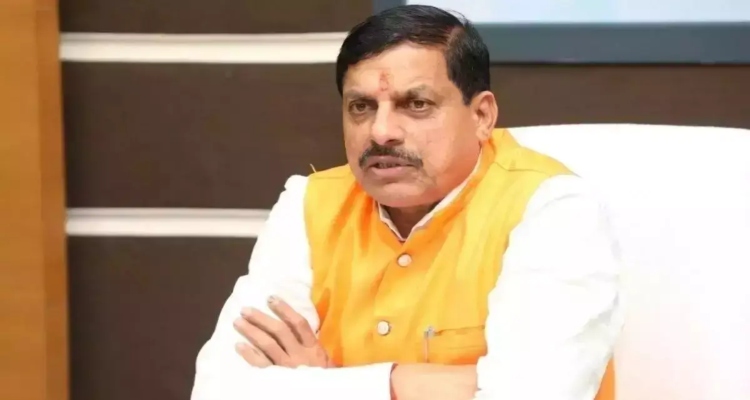
Madhya Pradesh Chief Minister Mohan Yadav recently presided over a high-level state workshop organized by the State Child Rights Protection Commission at Kushabhau Thakre Auditorium (Minto Hall) in Bhopal.
His address reaffirmed the state government’s unwavering commitment to fortifying institutional safeguards for security, empowerment, and justice. He highlighted the measurable decline in crimes against women and children, attributing this progress to stringent policy interventions and enhanced legal enforcement.
Insights
CM Yadav presented an evidence-based evaluation of the state’s ‘Zero Tolerance’ policy against crimes targeting vulnerable populations. “Crimes against women and children have declined significantly, which is a direct result of the state government’s ‘Zero Tolerance’ policy,” he asserted. He further detailed the judiciary’s intensified punitive measures, noting that courts have pronounced capital punishment in 48 cases of severe offenses against women and children. This robust legal framework, he argued, not only reinforces deterrence but also demonstrates the government’s steadfast resolve in addressing gender-based violence.
Legal & Socio-Cultural Dimensions
Emphasizing the necessity of a holistic strategy, CM Yadav underscored the importance of complementing legal reforms with social interventions. He reiterated the pivotal role of the Child Rights Protection Commission in shaping and executing policy measures and assured the government’s full commitment to implementing its recommendations. He further advocated for a synergistic approach involving both governmental agencies and civil society organizations to foster sustained awareness and preventative action against crimes targeting women and children.
Intersectoral Collaboration For Legislative Efficacy
The workshop facilitated interdepartmental deliberations, bringing together state officials and members of the Child Welfare Committee to discuss the operational efficacy of key legislative instruments. The discussions encompassed the Right to Free and Compulsory Education Act (2009), the Protection of Children from Sexual Offenses (POCSO) Act (2012), and the Juvenile Justice Act (2015). Participants examined strategies for optimizing implementation, addressing systemic bottlenecks, and reinforcing inter-agency coordination to enhance protective mechanisms for children and women.
National Development & Governance
CM Yadav contextualized Madhya Pradesh’s legal and social policy advancements within the broader trajectory of national governance under Prime Minister Narendra Modi. He highlighted India’s rising global stature, attributing this progress to an increasingly empowered citizenry and a fortified democratic framework. “India is not only capable of countering external threats but is also effectively addressing internal challenges,” he remarked, positioning the state’s legal and policy reforms as integral to the nation’s broader security and governance agenda.
Cultural Narratives & Ethical Governance
Drawing on historical and philosophical paradigms, CM Yadav invoked the Ramayana to underscore the latent potential of youth as agents of societal transformation. He referenced Maharishi Vishwamitra’s request for King Dasharatha to send young Lord Ram and Lakshman to combat demonic adversaries, using this allegory to emphasize the strength and responsibility inherent in the younger generation. “The childhood narratives of Lord Ram and Lord Krishna serve as inspiration for society to follow the path of righteousness,” he observed, advocating for a governance ethos that seamlessly integrates legal rigor with ethical imperatives.
The workshop reaffirmed Madhya Pradesh’s strategic emphasis on legal precision, institutional synergy, and socio-cultural engagement in advancing the rights of women and children. By cultivating a governance model that harmonizes justice, policy innovation, and proactive intervention, the state continues to refine its approach to safeguarding the dignity and security of its most vulnerable citizens.
Read More: Supreme Court, Delhi High Court, States High Court, International




